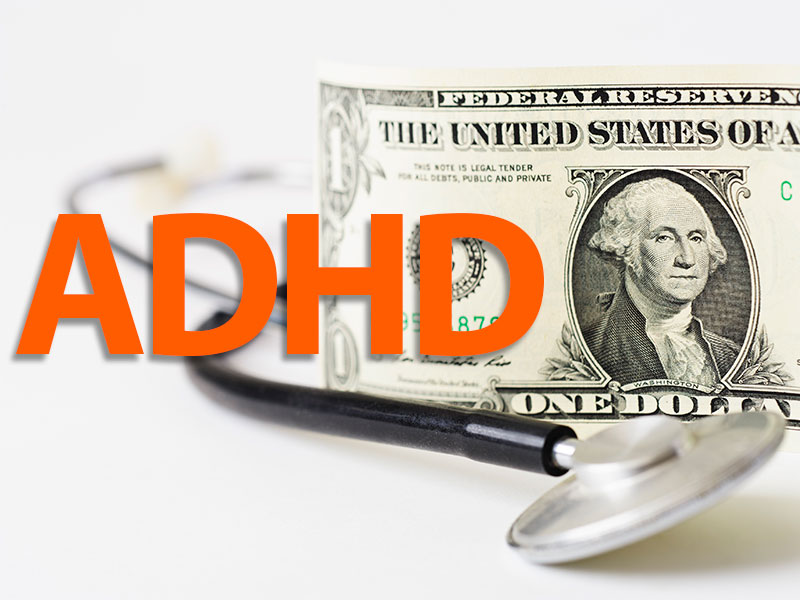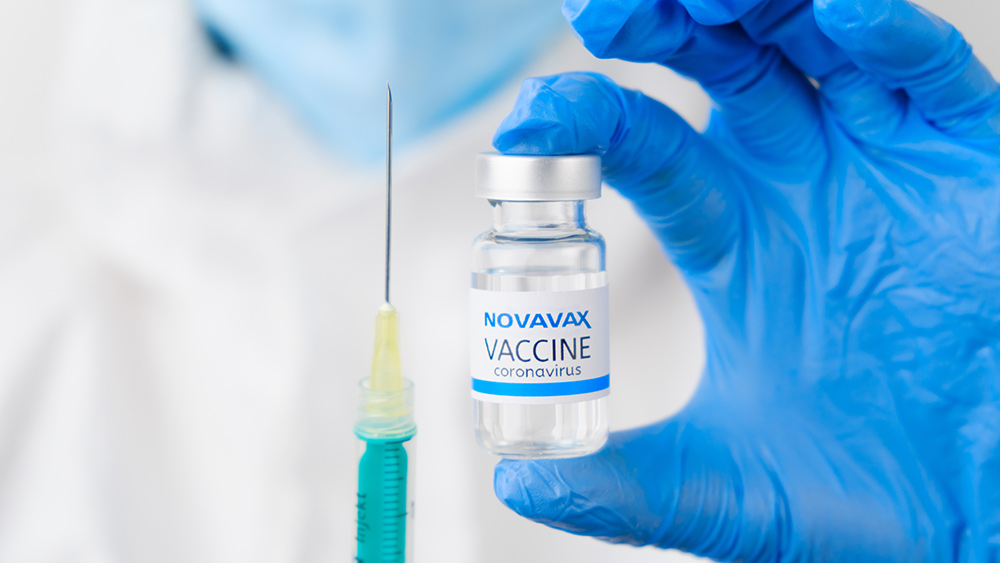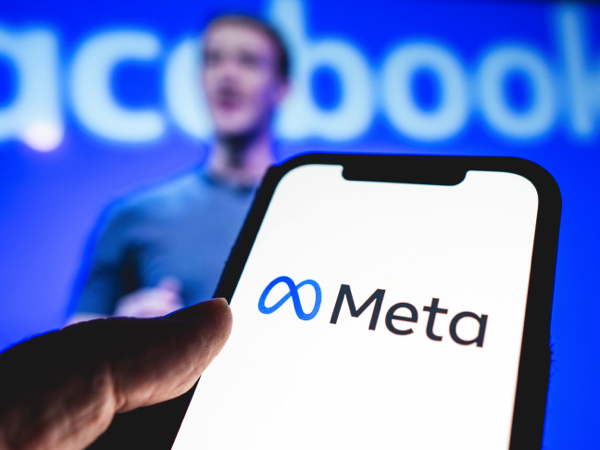A breach of trust: Texas exposes defective ADHD drug in landmark settlement
11/24/2025 / By Willow Tohi

- Texas secured a $41.5 million settlement from Pfizer and Tris Pharma over defective ADHD medication.
- The lawsuit alleged the companies knowingly distributed Quillivant XR, which failed quality control from 2012-2018.
- Pfizer and Tris are accused of manipulating drug tests to hide manufacturing flaws from regulators.
- Children on Medicaid received the adulterated drug, which families reported was ineffective.
- The case originated from a whistleblower and resulted in one of Texas’s significant actions against pharmaceutical giants.
In a significant legal victory for public health accountability, the state of Texas has secured a $41.5 million settlement from pharmaceutical giants Pfizer Inc. and Tris Pharma Inc. The resolution concludes a lawsuit alleging the companies knowingly distributed an adulterated and ineffective ADHD medication to thousands of children on Medicaid for six years. The case, initiated by Texas Attorney General Ken Paxton in 2023, unveils a disturbing narrative of manipulated testing, ignored federal warnings and a systemic failure that prioritized profit over the well-being of vulnerable pediatric patients, raising profound questions about corporate integrity within the pharmaceutical industry.
The core of the deception
The legal action centered on Quillivant XR, a liquid stimulant medication prescribed for Attention-Deficit/Hyperactivity Disorder (ADHD). According to the state’s complaint, from 2012 to 2018, Tris Pharma—the manufacturer of the drug for Pfizer—produced Quillivant XR using flawed manufacturing practices. These deficiencies caused the drug to repeatedly fail quality control tests designed to ensure its efficacy and proper dissolution in the body. Rather than rectifying the core manufacturing problems, the lawsuit alleged the companies engaged in a deceptive practice: They altered the testing methodology itself. By changing how the drug was tested, they could produce passing results for regulatory purposes, thereby concealing the product’s true shortcomings. Throughout this period, Pfizer allegedly continued to assure Texas Medicaid officials that the medication was properly manufactured and effective, even as internal data and federal assessments suggested otherwise.
The human impact and regulatory failures
The consequences of this alleged deception were not merely theoretical. Families across Texas reported that the medication failed to control their children’s ADHD symptoms, leading to confusion and potential mismanagement of their conditions. This is particularly critical because ADHD medications like Quillivant XR are classified as Schedule II controlled substances, indicating a high potential for abuse and a powerful effect on brain chemistry. When such a potent drug is ineffective due to manufacturing defects, children may be subjected to unnecessary dose increases or switches to other medications, each carrying its own risks and side effects. The situation escalated in 2018 when the U.S. Food and Drug Administration (FDA) informed Pfizer that Quillivant had been “adulterated” since 2012. Despite this direct federal warning, the lawsuit claimed neither company alerted Texas Medicaid, which continued to reimburse for the drug. The state’s complaint noted that Quillivant’s status as a covered Medicaid drug even “became a selling point,” further embedding the compromised product into a system designed to serve low-income families.
A pattern of corporate conduct and whistleblower courage
This case is not an isolated incident in the landscape of pharmaceutical litigation. Attorney General Paxton’s office has pursued multiple actions against major drugmakers, including suits against Johnson & Johnson over Tylenol safety claims and Eli Lilly over alleged doctor bribery. The Quillivant case, however, originated from within, thanks to a whistleblower. Tarik Ahmed, who served as Tris Pharma’s head of technology from 2013 to 2017, brought the initial allegations forward. His inside knowledge was pivotal in uncovering the scope of the problem. The financial stakes were substantial; Pfizer had agreed to acquire Quillivant’s developer for up to $700 million in 2012, and by 2017, the drug was grossing roughly $193.3 million in U.S. sales alone. As part of the settlement, both Pfizer and Tris Pharma denied any liability or wrongdoing, a common practice in such resolutions that allows companies to settle without an admission of guilt.
Historical context and lasting implications
The allegations against Pfizer and Tris Pharma echo historical concerns about pharmaceutical oversight that date back to seminal events like the 1937 Elixir Sulfanilamide tragedy, which spurred the modern drug safety framework. While regulatory systems have evolved, this case highlights a modern vulnerability: the potential for sophisticated corporate practices to circumvent quality controls. It underscores the critical role of whistleblowers and state attorneys general in acting as a check on industry power, especially when the affected population—children reliant on a public health program—has limited recourse. The $41.5 million settlement, while substantial, also prompts reflection on whether financial penalties are a sufficient deterrent for multibillion-dollar corporations.
A call for vigilance in public health
The resolution of this lawsuit marks a significant accountability measure, but it also serves as a stark reminder of the ongoing need for vigilance in the pharmaceutical supply chain. For parents, healthcare providers and policymakers, the case reinforces the importance of robust regulatory oversight and transparent corporate practices. It demonstrates that the systems intended to protect public health can be compromised, and that continuous scrutiny is essential to ensure that the medications prescribed to society’s most vulnerable are both safe and effective. The settlement closes a legal chapter, yet the broader imperative it highlights—to demand and enforce corporate integrity in medicine—remains as urgent as ever.
Sources for this article include:
Submit a correction >>
Tagged Under:
adhd, big government, Big Pharma, children's health, conspiracy, corruption, deception, medicaid, outrage, Pfizer, pharmaceutical fraud, Prescription drugs, Quillivant XR, rigged, Suppressed, Texas, traitors, Tris Pharma, truth, whistle-blower
This article may contain statements that reflect the opinion of the author





















